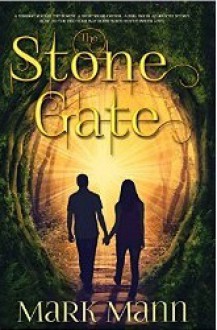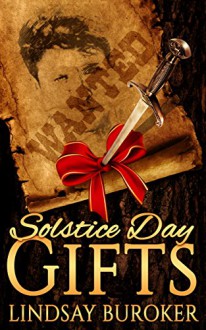
One Hundred Days is a partially fictionalised account of how Australians were part of winning World War One.
While I found the story to be intriguing and providing some new concepts and ideas about how the Australians were involved with the war, the writing lends itself to a war strategy book, more than a fictional story.
The characters felt stilted and unnatural. Less like characters and more like people represented by a number of pieces of factual information. For example, each person is introduced by their name, then their physical attributes rattled off in a list-like manner. Hair, eye colour, height and weight (especially when it came to the soldiers). And all the women had meaty/fleshy arses - which annoyed me too.
It was obvious to me, from the writing style that Mark has spent a lot of time working in the IT field, the way sentences were structured and the story flowed, was like a simplified and basic version of something far more complex. Like an IT person trying to write an 'IT for dummies' version of some complex IT issue. This is how the story of One Hundred Days felt. All facts, little emotion, simply written - almost in bullet point (pun not intended).
This withdrew me, as a reader, from this story. It presented the tale in a clinical and unemotional way, which meant that I felt nothing for the characters. There were points in this story that should have come across as harrowing and highly emotionally charged, but alas, I felt little for the characters and had no emotional connection.
The writing style aside, this book needs a serious edit. There were a large number of easily fixable issues (a lot listed below), but the one thing that annoyed me the most, was the overuse of the word 'and' to link two otherwise separate ideas together. This was done a lot in dialogue, but it also happened in the other text too. This was most annoying because it made the writing feel strange. People just don't talk like that.
An example from 9% through:
They reached the steps of Flinders Street Station and Alec kissed Dorothy's cheek. "Goodbye sweetheart and thank you for coming out with me."
"Goodbye sweetheart," she said. "Thank you for the evening and I really enjoyed being with you."
Alec stood at the base of the steps and watched until Dorothy disappeared out of sight. It was truly wonderful to have her as part of his life, and maybe one day they could marry. Alec was sure that would happen, and then he would be the luckiest man in the world.
Overall, this was an interesting look at how Australia played its role in WW1, but with little emotional connection with the characters and fundamentally flawed writing, I just can't give this any more than 2 stars. With a good edit, this could be a good addition to war history books, but as it is, it needs a lot of work.
The things I noticed:
9% - ...the war will be over before your (you're twenty-one.
- Then he was then free to go. (Excessive overwriting including dialogue with excessive use of 'and' instead of shorter sentences.
19% - After a week of fine of (delete of) weather....
24% - behind the (delete the) Billy still holding the...
25% - and he was (too) embarrassed (to) recount...
- Repetition of parade ground training came to some use.
30% - ...identifiable (by) their untidy clothing, Random lines and paragraphs from here are bolded text.
32% - ...you seem to be over (t)he worst...
34% - ...eyed the pile (in) his locker...
44% - ...that was bad lack(luck) for Charlie...
46% - ...Martin wondered (what) he was going to do...
68% - The(y) picked him up...
71% - ...cripples/. (Remove /)
81% - the text is italicised for a number of pages when Simone and Martin talk of their histories.
- ...I lived there for four yea(r)s...
89% - I didn't understand." He said in French. (")I really speak English."
91%- ...the front net(not) yet tested...
**Note: I was provided an electronic copy of this book in return for an honest review**

 Log in with Facebook
Log in with Facebook 









